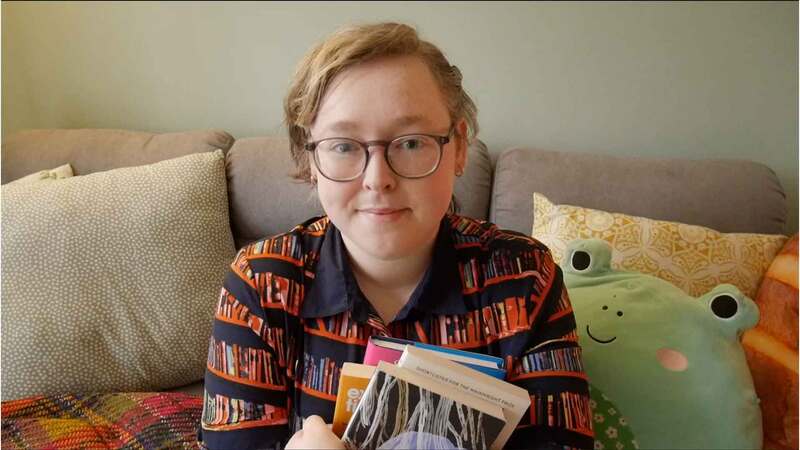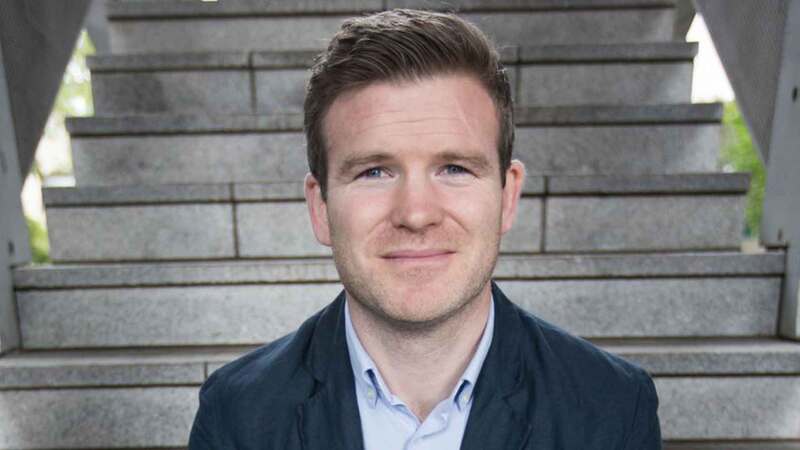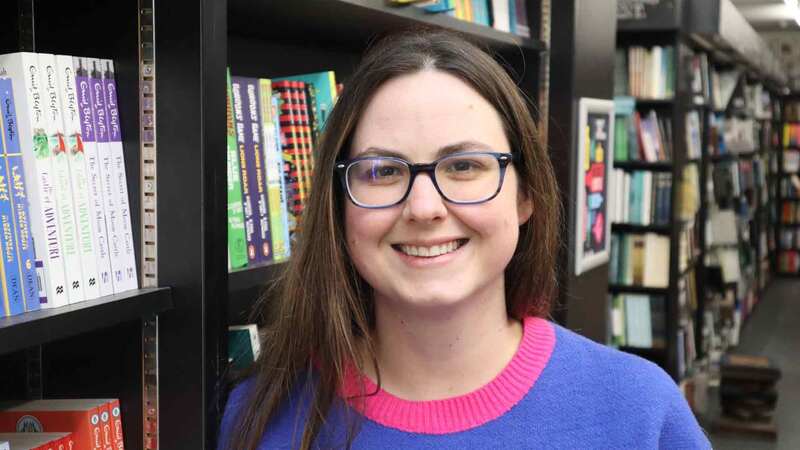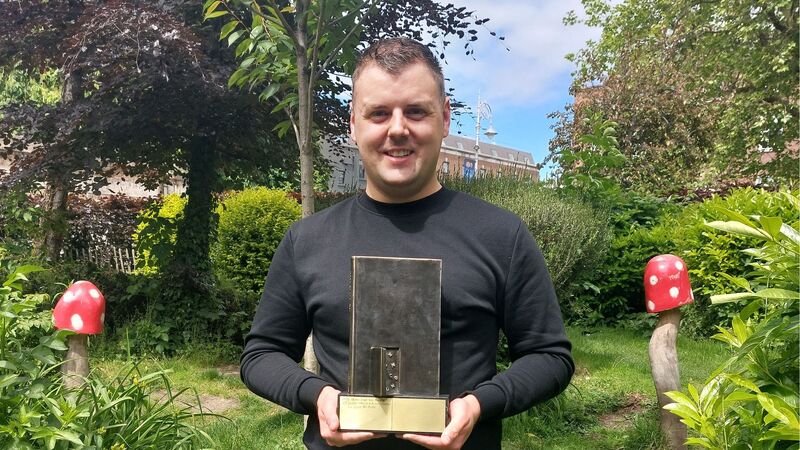You are viewing your 1 free article this month. Login to read more articles.
Sue Rainsford reveals début was influenced by Transatlantic teaching
Can you tell me how you came to write Follow Me to Ground?
It was a conflation of two things, really. First was this image that just sprung to my mind of a girl and her father burying a body. So I was thinking, "Ok, why are they burying the body? Is the person entirely dead? Why do they have to conceal her?" I was also studying for my Masters in visual arts at the time and was reading a lot of Simone de Beauvoir and Julia Kristeva, and thinking about the kind of language that gets applied to the female experience, female bodies, and even the metaphors and imagery ascribed to women. I was fixated on this idea that a woman isn’t born, a woman is made. So [main character] Ada is made in the ground. I wanted to think about what the female experience would look like if it wasn’t so steeped in Western thought and discourse.
The setting is intriguing: it’s not fixed in a particular place, but it has a sort of American backwoods feel.
When I came up with the initial image I was in West Cork, which is a dramatic landscape and quite different from what people think of
when they imagine the Irish countryside. I was thinking of West Cork in terms of the physicality. A lot of people have said there’s a rural America twang and that’s probably a fair interpretation. I’ve never been to backwoods America, but I am drawn to small groups who live separately, where other people don’t really pass through, and I’m interested in how those communities develop.
It’s difficult to place the book—is it horror, is it magic realism? Where do you see it fitting in?
When I was writing, I did think, "How the hell am I going to pitch this to an agent or a publisher?" The language is most important to me and that’s where I start from. I’m happy with it being called horror, but I think it can more probably be defined as literary fiction with fantastical elements. But it’s a short book, maybe it doesn’t need that elevator pitch.
You did a creative writing masters at Benington College in Vermont. Why did you go so far from home?
I always felt a little hemmed-in by the expectations around Irish fiction. Although that happened a bit at Benington—people would say, "You’re Irish? Oh my god, I love Joyce." And I’m not actually the biggest fan of Joyce. It was partially on a whim, after I went to a talk in Dún Laoghaire by Donna Tar, who went to Benington, and she said moving from the Deep South in the US up north to Benington really helped change her perspective, and helped her writing. So I went home, looked online and applied. It was such a formative experience and helped me bring out my own voice in a compressed amount of time.
There seems to be a lot of good new writing coming from Ireland at the moment. Is it a good place to be an author?
It is, though sometimes it feels a little antiquated. We have so many vibrant, interesting and experimental authors and sometimes I think we should have more places to publish like [literary journal] Gorse. So it would be great if we had more Gorses. Overall, I do think it is a good place to be a writer. People take books seriously—serious in the sense that you are seen to be generating and adding to the culture. My hope is that the scene gets increasingly diverse and a little more open and less intimidating to younger writers.
This article featured in our Ireland Country Focus. For more content from this focus, click here.













